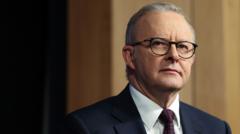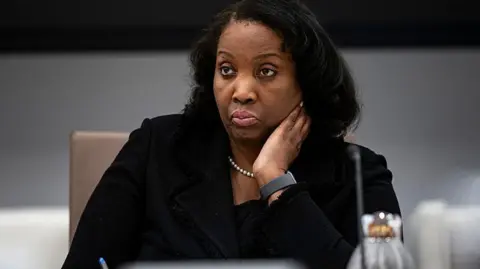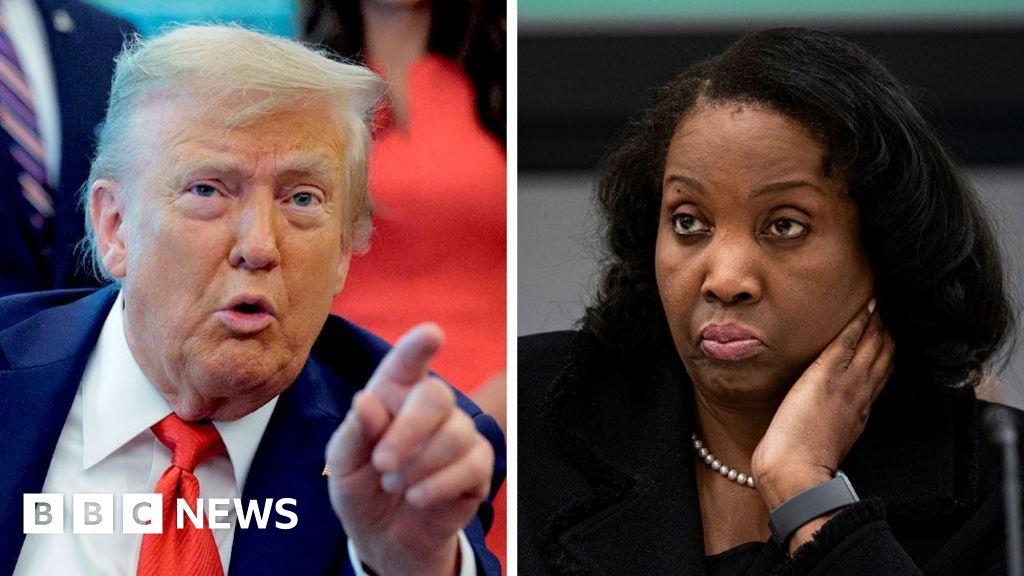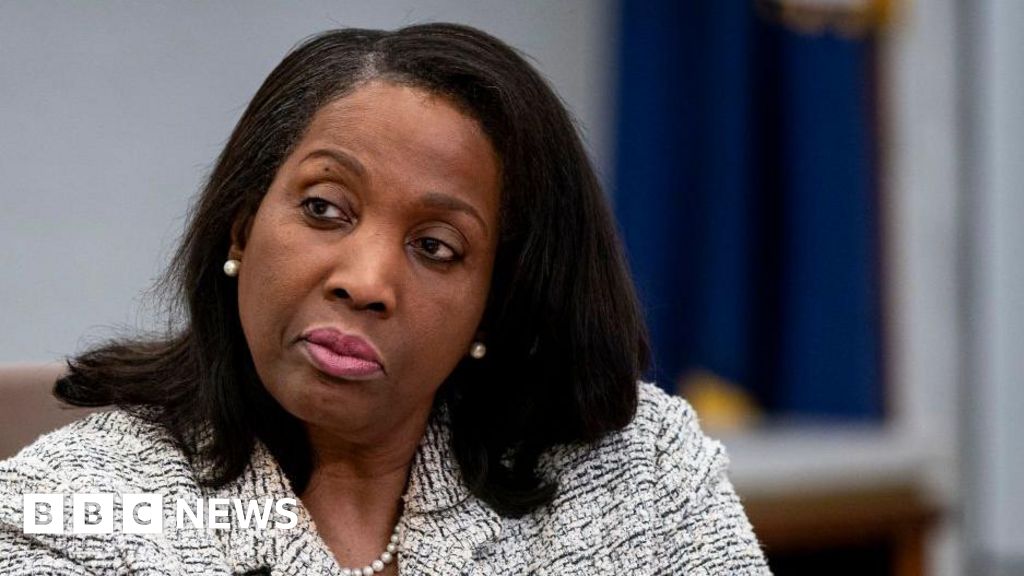Prime Minister Anthony Albanese is facing a challenging landscape as Australia approaches its next electoral showdown. Scheduled for May 3, the election comes on the heels of Cyclone Alfred's severe impact earlier this month, which unexpectedly interrupted Albanese's efforts to promote a positive narrative about interest rate improvements and economic recovery. Instead, his focus shifted to disaster response efforts—something a Labor Minister described as a decision made by "an act of God."
This disruption highlights a recurring theme in Albanese's leadership: ambitious plans frequently sidetracked by global economic upheavals, domestic crises, and unexpected calamities. Initially viewed as a beacon of change after nearly a decade of conservative rule, Albanese's agenda emphasized climate action, mitigating the cost-of-living crisis, and addressing long-standing Indigenous issues.
Central to this agenda was a historic referendum intended to establish an Indigenous Voice to Parliament—a proposal aimed at giving First Nations people constitutional recognition and a formal advisory role to the government. However, this initiative suffered a significant setback when more than 60% of voters chose to reject it. Critics argue that misinformation and confusion played a role in the defeat, but opposition leader Peter Dutton capitalized on the moment, portraying Albanese as out of touch with pressing economic realities.
Under Albanese's administration, interest rates have spiked, inflation levels soared post-pandemic, and the nation grapples with an escalating housing crisis. Voter sentiment has shifted, leading to questions about whether the traditional parties, including Albanese's Labor, can effectively address these challenges. While many Australians express disillusionment with Labor, there is skepticism about whether this disenchantment directly translates into support for Dutton’s Coalition, which previously struggled with poor polling.
The anticipated surge in support for independent and minor parties reflects a broader global trend towards disillusionment with established political systems. If neither major party secures a governing majority in the House of Representatives, independent candidates could play a pivotal role in determining the future direction of Australian government.
Another critical factor influencing the political landscape is Australia's mandatory voting system, which historically results in high turnout rates—close to 90% in recent elections, compared to the OECD average of 69%. This obligation encourages a broader representation of political views and minimizes the extreme shifts seen in some other democracies.
Additionally, Australia's preferential voting system somewhat mitigates polarization, as it compels major parties to appeal to voters' second preferences, thus fostering policy moderation. With looming global political concerns, including shifting U.S. alliances and increasing tensions with China, the domestic campaign’s focus will inevitably intertwine with these international contexts.
As the campaign kicks off in earnest, Albanese's approval ratings have shown an uptick amid ongoing crisis management, although polls suggest a competitive race ahead. With the potential for Albanese to become the first Prime Minister since 1931 to lose a second-term election, Australians face a pivotal moment in determining their leadership for the coming years.



















